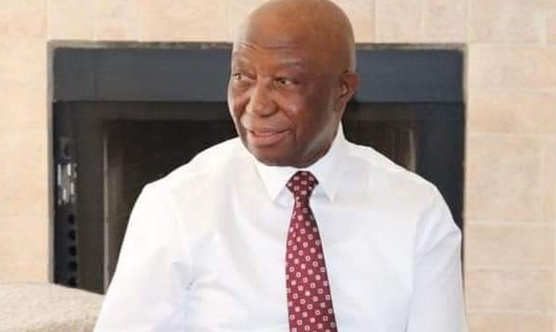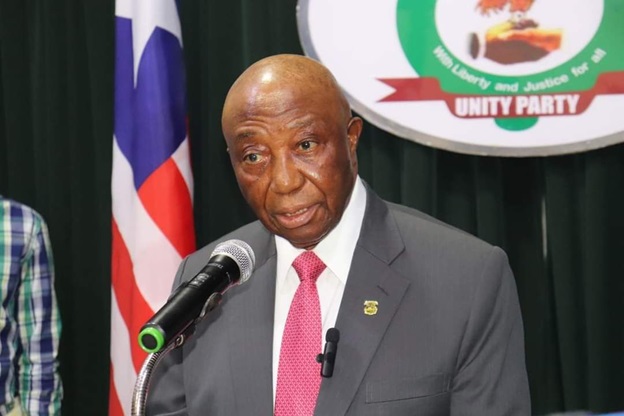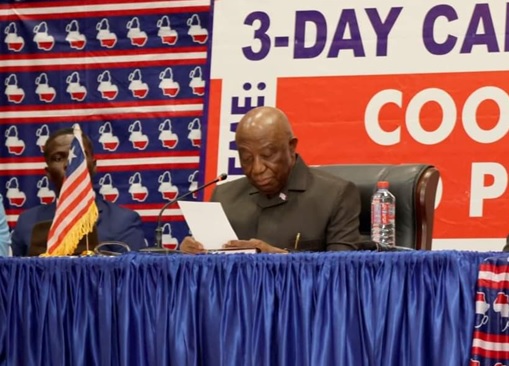MONROVIA – In a significant move to support Liberia’s rubber industry, President Joseph Nyuma Boakai has signed Executive Order No. 132, amending the previous moratorium on the exportation of unprocessed natural rubber. This new order, which modifies Executive Order No. 124, addresses the immediate concerns of local producers and rubber businesses adversely affected by the sudden ban imposed last November.
The initial Executive Order No. 124, issued on November 23, 2023, aimed to protect and revitalize Liberia’s rubber industry by halting the export of unprocessed natural rubber. The government intended to use this moratorium period to develop comprehensive policies and frameworks that would foster industry growth, ensure redevelopment, and increase production, job opportunities, and government revenue.
However, the abrupt implementation of this ban led to unintended consequences. Local producers and businesses, caught off guard, suffered unexpected losses. Many had already invested heavily in shipments ready for export, while rural rubber producers, who rely on cross-border trade, faced significant financial setbacks. These farmers were forced to sell their products locally at lower prices, resulting in further economic strain.
Recognizing these issues, the government has responded to the appeals from rubber farmers and industry stakeholders. The stakeholders have agreed to establish a competitive and fair pricing mechanism to govern the sale of unprocessed natural rubber, addressing one of the critical concerns raised since the moratorium.
Executive Order No. 132 grants a two-month extension from the date of issuance, allowing Liberian rubber farmers to export their unprocessed natural rubber that was prepared for the market before the initial ban. This temporary reprieve is intended to mitigate the losses suffered by farmers and businesses due to the abrupt enforcement of the previous order.
During this sixty-day period, all customs officers and law enforcement authorities at entry and exit points will permit the exportation of unprocessed natural rubber by Liberian farmers. This measure aims to provide immediate financial relief and stabilize the livelihoods of those impacted by the moratorium.
Once the two-month extension expires, the moratorium stipulated in Executive Order No. 124 will be reinstated. The government will then halt the export of unprocessed natural rubber, resuming its original objective of fostering industry redevelopment through controlled exportation.
President Boakai’s issuance of Executive Order No. 132 underscores his administration’s commitment to balancing economic policies with the practical needs of Liberian citizens. By allowing a grace period for farmers to sell their pre-moratorium rubber stocks, the government acknowledges the challenges faced by the industry while still maintaining its long-term strategic goals.
The decision to amend the initial moratorium reflects a responsive and adaptive approach to governance. It highlights the importance of stakeholder engagement and the necessity of flexible policies that consider the real-time impacts on various sectors. As the government continues to develop the rubber industry, this period will be crucial for implementing effective frameworks that support sustainable growth and fair market practices.
President Boakai’s Executive Order No. 132 is a vital intervention that temporarily alleviates the pressures on Liberia’s rubber farmers while maintaining the overarching goal of industry protection and revitalization. The next two months will be a critical window for the rubber industry to adjust and for the government to solidify its long-term strategies for economic development and sectoral support.







